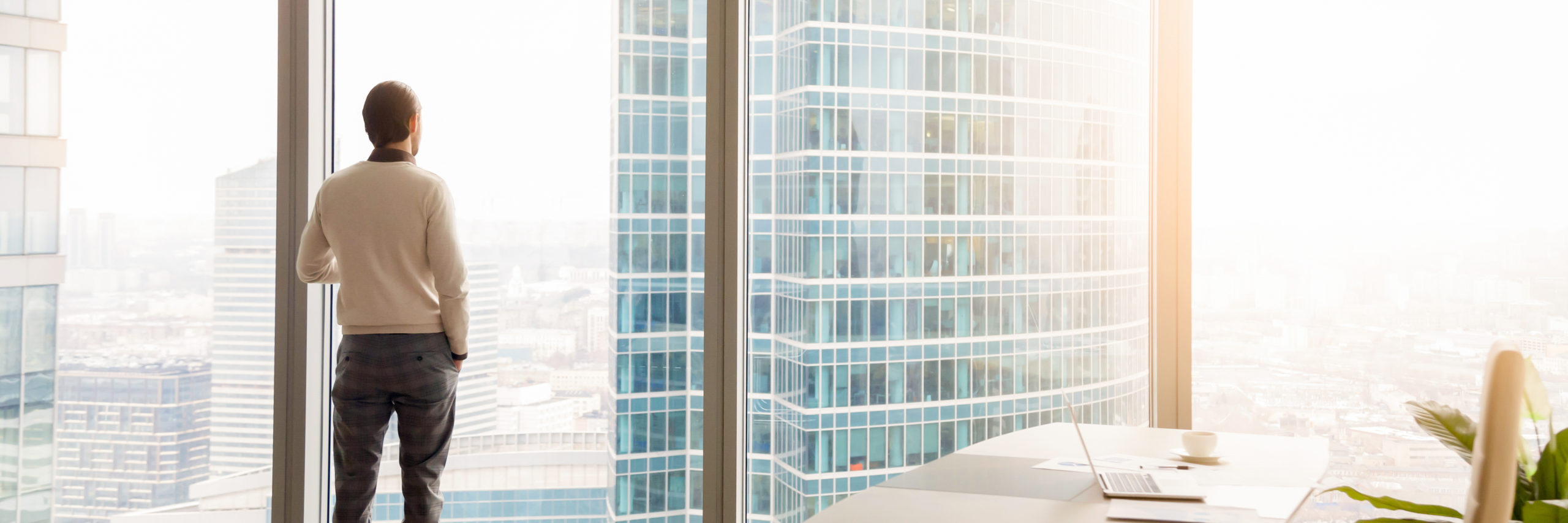
We know more about wellbeing than ever, but our wellbeing is worse than ever – why?
Access the event recording here
Tough times can impact your wellbeing. COVID-19 is the most severe global health emergency ever seen, according to the World Health Organisation (WHO).
Actions to prevent the virus from spreading such as forced quarantine, remote working, school closures and physical distancing have had a profound impact on individuals’ wellbeing. This has led to increased mental health issues, including anxiety, depression, psychological distress, post-traumatic stress disorder and sleep disorders.
Since the pandemic began the global prevalence of anxiety and depression has increased by 25% (WHO).
Despite this there are positives too. Research shows that negative situations can result in positive growth, and that there are things we can do to help us through difficult situations. Furthermore, wellbeing is now front and centre of people’s minds in a way it wasn’t before. However, our knowledge of wellbeing does not necessarily help us change our wellbeing habits and behaviours. Why not? What are the barriers to leaders changing their own wellbeing in sustainable ways?
During our recent wellbeing event, we share some of our views and experiences in relation to these challenging questions. We discussed simple steps to take, and approaches shown to help people deal with testing times. We were delighted to be joined by a special guest speaker, Paul Lacy, the founder and former CEO of kikki.k, who spoke talk openly and honestly about his recent personal and professional challenges, and what’s helping with his wellbeing.

